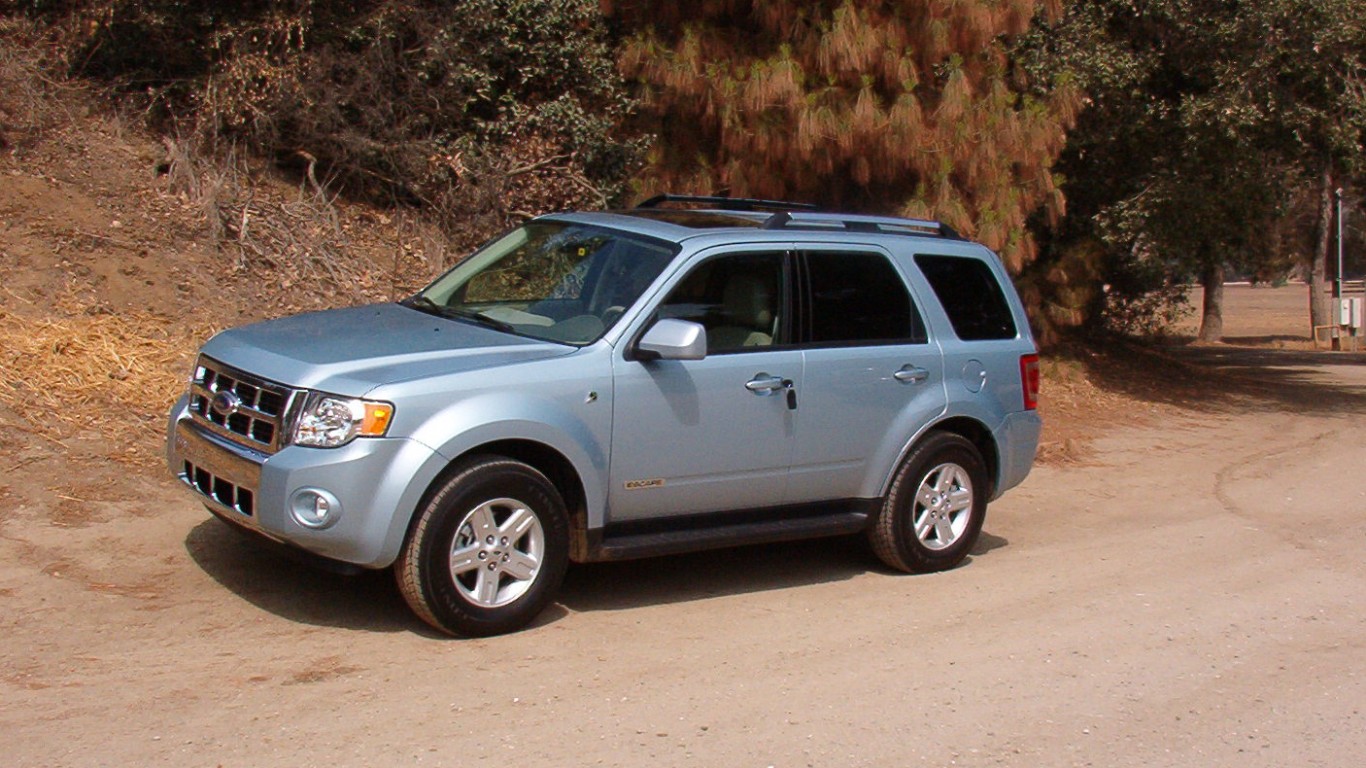Cars and Drivers
In EV News: Vehicle Total Ownership Costs, Tesla's EPA Range Rating and More

Published:

The U.S. Environmental Protection Agency (EPA) has updated its official mpg-equivalent ratings and expected range for the 2021 Tesla Inc. (NASDAQ: TSLA) Model S Long Range model. The EPA MPGe rating is 124 city/115 highway/120 combined, slightly better than the ratings for the 202 Model S Long Range Plus of 121/112/117. The 2021 vehicle’s total range is 405 miles, up from 402 miles for the 2020 model.
The EPA has not released the ratings for the new Model S Plaid, but that hasn’t stopped Tesla from beginning deliveries of the vehicle. According to Electrek, Tesla needs the official EPA rating before it begins delivering the cars. The new Model S Long Range has a starting price of $79,900 and the Model S Plaid starts at $119,990.
Lordstown Motors Corp. (NASDAQ: RIDE) on Monday announced the departures of CEO Steve Burns and Chief Financial Officer Julio Rodriguez. The company’s lead independent director, Angela Strand, has been named executive chair. Becky Roof was appointed as interim CFO and Jane Ritson-Parsons was named chief operating officer.
Back in March, short seller Hindenburg Research accused Lordstown of claiming more preorders for its Endurance pickup than the company had actually received. Then-CEO Burns acknowledged that the orders were not “firm.”
Researchers in the Energy Systems Division of Argonne National Laboratory led a team that calculated the total cost of ownership for 12 different vehicles, ranging in size from compact sedans to class 8 tractors with a sleeper cab. For each type, the research modeled ownership costs for five different powertrains: internal combustion engine (ICE), hybrid electric (HEV), plug-in hybrid (PHEV), fuel-cell electric (FCEV) and battery electric (BEV). For light-duty vehicles, the researchers used a modeling program called Autonomie that extrapolates a model year 2025 vehicle based on model year 2020 vehicles, adding the effects of technology being employed.
Here’s a chart showing the average per-mile cost of driving a small SUV showing how the costs break down by powertrain. An HEV is the cheapest at around $0.45 per mile, and a BEV is the most expensive at around $0.52 per mile. The big difference is the cost of the BEV compared to the cost of an HEV.
Furthering the development of EVs, the U.S. Department of Energy announced Monday a commitment for $200 million in funding over the next five years for EV, battery and connected vehicle projects at the department’s national laboratories. According to CleanTechnica, the complements an April commitment of $62 million to fund projects aimed at “reducing emissions and increasing efficiencies for on- and off-road vehicles.”
Thank you for reading! Have some feedback for us?
Contact the 24/7 Wall St. editorial team.